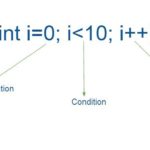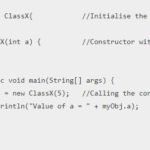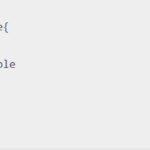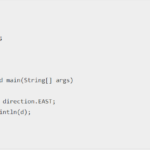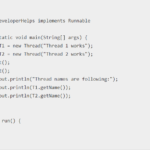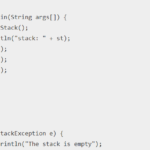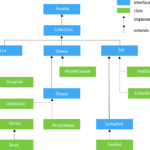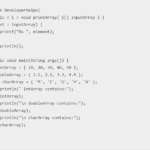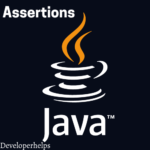In this tutorial, we will learn about how long it takes to learn Python if you know Java. If you already know Java, learning Python can be smooth. They have similar syntax and are object-oriented, so many concepts transfer easily. However, the time to learn Python depends on factors like your programming experience, dedication, available resources, and desired knowledge depth.
With a strong Java foundation, you can grasp Python basics in a few weeks or months. But mastering any language takes continuous practice and real-world use, which may take months or even years. Learning a programming language is an ongoing process focused on building proficiency. It also improves problem-solving skills rather than meeting a specific timeline.
How does Python different from Java?
Python and Java are both popular programming languages, but they have several key differences. There are some notable points :
- Syntax: Python has a more concise and readable syntax compared to Java, which often requires more verbose code.
- Typing: Java is a statically-typed language, meaning you need to declare variable types explicitly, while Python is dynamically typed, allowing more flexibility.
- Memory Management: Java uses automatic garbage collection, while Python utilizes a combination of garbage collection and reference counting.
- Ecosystem: Java has a vast enterprise ecosystem, heavily used in server-side development, while Python has gained popularity in areas like data analysis, machine learning, and web development.
How Long Does it Take to Learn Python?
The time it takes to learn Python will vary depending on several factors, including your prior programming experience, the amount of time you dedicate to learning, the depth of knowledge you wish to acquire, and your learning style. However, it is possible to provide a general timeline to give you an idea of what to expect.
For someone with no prior programming experience, learning the basics of Python and getting comfortable with its syntax and concepts could take around 6-8 weeks of consistent learning and practice. This timeframe assumes spending a few hours each day on learning resources and coding exercises.
If you already have experience with programming concepts from other languages, such as Java, C++, or JavaScript, you can likely learn Python more quickly. In this case, you might be able to grasp the fundamentals and start building simple applications in Python within a few weeks or even less, depending on the depth of your previous knowledge.
It’s important to note that mastering Python is an ongoing process, and the timeline mentioned above only covers the basics. Becoming proficient and comfortable with more advanced topics, such as web development frameworks (e.g., Django or Flask), data analysis libraries (e.g., Pandas or NumPy), or machine learning tools (e.g., TensorFlow or scikit-learn), will require additional time and practice.
How to Improve Python Skills as a Java Developer?
Here are some effective ways to practice and improve your Python skills :
- Solve coding challenges: Websites like LeetCode, HackerRank, and Project Euler offer programming problems to solve using Python.
- Personal projects: Undertake small projects that interest you, such as web scraping, data analysis, or building a simple application.
- Contribute to open-source projects: Find Python projects on platforms like GitHub and contribute code or documentation.




